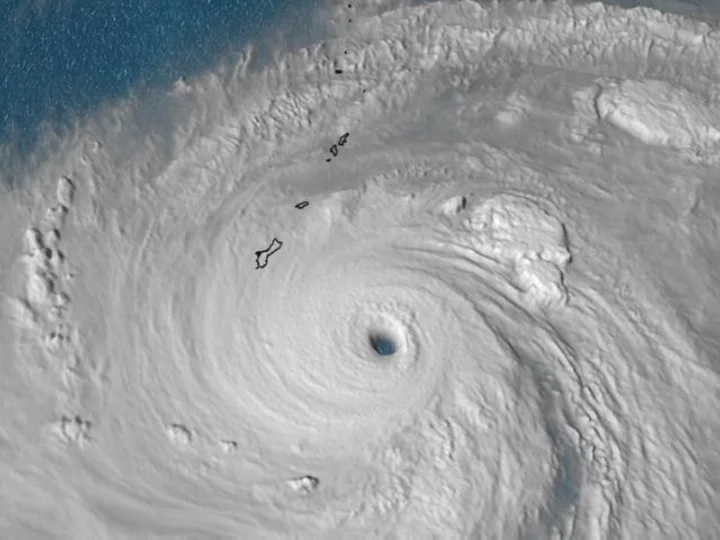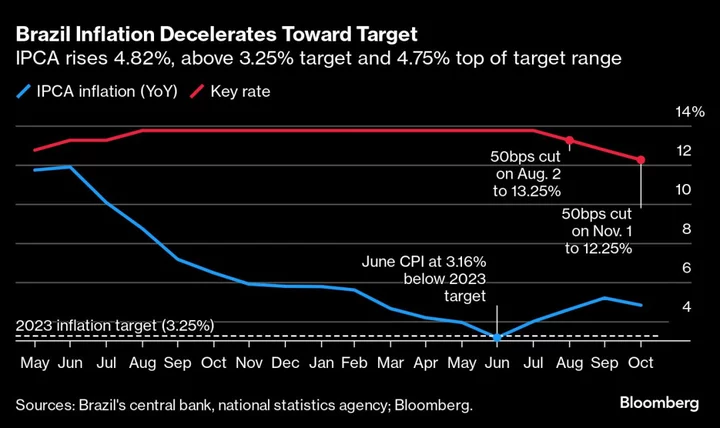Super Typhoon Mawar is barreling toward Guam on Tuesday, threatening to slam into the US territory as the strongest storm there in more than 60 years.
The typhoon, which has strengthened rapidly in recent days, is posing a "triple threat" of devastation including deadly winds equivalent to a category 5 hurricane, exceptional storm surge and torrential rainfall, according to the National Weather Service office in Guam.
Mawar has been described as "one that will be remembered for decades," said Landon Aydlett, the Warning Coordination Meteorologist from the weather service in Guam. It is expected to strike the island -- and possibly make a direct landfall -- on Wednesday afternoon, local time (around or just after midnight on Wednesday, Eastern Time).
If the typhoon does make a direct landfall, the island would be thrashed with the storm's strongest winds and highest storm surge.
Though Guam is located in the West Pacific Ocean -- an area prone to the world's strongest tropical cyclones -- a direct hit from a storm this strength is exceedingly rare, and has only happened around eight times in the last 75 years. The island is just 30 miles long, so the center of a storm moving over would be akin to threading a tiny needle.
Forecasters warn that further strengthening is possible on Tuesday. The typhoon could reach the equivalent of a category 5 hurricane with winds in excess of 157 miles per hour before landfall. If this were to happen, Mawar would be the fifth category 5-equivalent storm on the planet to-date this year -- the average number for an entire calendar year -- and hurricane and typhoon seasons are only just beginning.
It would also mark the strongest storm to directly impact Guam since Super Typhoon Karen in 1962, which is widely regarded as the worst storm to ever hit the island, with sustained winds of 172 mph.
As winds teeter on category 5 strength, considerable damage is likely to buildings that are not reinforced with concrete, forecasters warned. Extensive roof damage is possible, along with flying projectiles that are lofted into the air by the powerful winds.
"Electricity and water may be unavailable for days and perhaps weeks after the storm passes" and "most trees will be snapped or uprooted," the weather service in Guam warned. Up to 70% of the island's foliage could be ripped away by Mawar's powerful winds.
An exceptional storm surge up to 25 feet will pose a significant risk to life and property on the island, especially in the most vulnerable coastal locations near the eyewall.
Storm surge fatalities are historically the leading cause of hurricane-related deaths within the United States, according to the National Weather Service. This level of storm surge will likely cause severe coastal erosion and "large boats could be torn from moorings" according to the weather service.
In addition to the coastal flooding from storm surge, flash flooding is possible as the storm is forecast to bring 10 to 15 inches of rain, with locally higher amounts up to 20 inches possible.
A flood watch is currently in effect for the entire area as rain will pick up in intensity as the storm approaches. Even "higher rainfall totals" are possible if the storm slows its forward speed the weather service warned.
Landslides will also become likely as the ground becomes saturated and the soil along hilly terrain becomes unstable.









